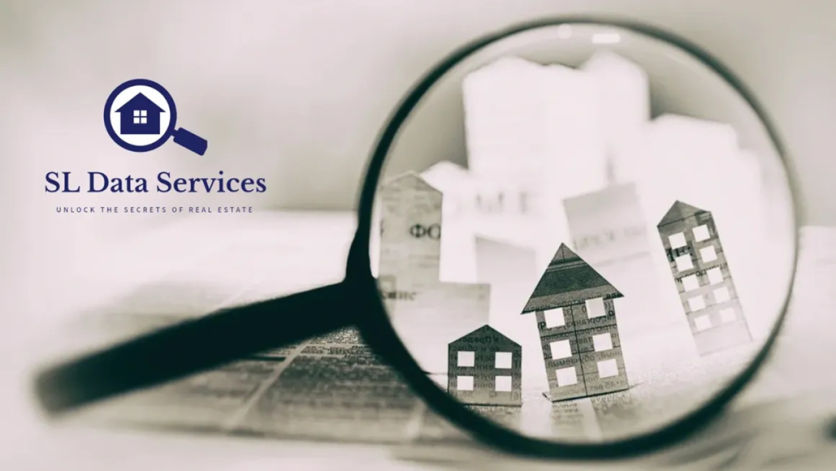
Over the past few years, the way people research property has changed. Courthouse visits and paper documents have given way to faster, digital options. Today, professionals and everyday users rely on online platforms to find property ownership records, transaction history, and other public information. This case study looks at how SL Data Services helps users collect and review property data more efficiently—and how that access is helping users cut hours of research into just minutes.
Real estate research often depends on how quickly someone can gather the correct records. For people working across multiple counties or states, or managing several properties, SL Data provides a central platform that simplifies the early part of the research process.
The Challenge of Accessing Public Records
Although property records are public, accessing them is not always simple. Each local office—such as the recorder, tax assessor, or planning department—often uses different systems, formats, and rules. That means someone trying to check a single property might have to visit multiple websites, each with its own process.
Clients who once spent hours toggling between different county websites to verify a single property can complete the same search in minutes through a single, streamlined dashboard using SL Data Services.
When people need to research properties in more than one area, they often face a complex web of requirements. Each place may require different logins, have separate search tools, and update its records on a different schedule. These obstacles create delays and extra work.
How SL Data Services Helps
SL Data Services gives users a single place to search for property records. They can enter a name or address and quickly get a report with key information. The report can include ownership history, mortgage records, tax data, liens, and permits. The team designed the system to be straightforward to use and function at any time of day.
The real value lies in speed and simplicity—users get results within minutes and can easily understand the data without needing outside help.
This kind of access helps people get started quickly, whether they are researching a new investment, preparing to contact a property owner, or checking for potential issues before a deal moves forward.
How People Use the Platform
People researching multiple properties often use SL Data Services to avoid dealing with different local systems. For example, someone looking into several properties across state lines can run all their reports in one place instead of switching between county websites. Real estate agents also use it to gather basic property details before contacting an owner.
Real estate professionals increasingly rely on centralized property data platforms to streamline research and cut down on verification time, a shift that's been shown to improve operational efficiency significantly.
While users still confirm key information through official sources before making legal or financial decisions, they use the platform to get a strong head start in the research process.
Why Simple Access Matters
SL Data Services helps users spend less time searching and more time reviewing results by centralizing scattered public records into one coherent report. This approach is beneficial for identifying issues such as liens, unclear ownership changes, or missing permits.
People can also use the reports to check tax history, see if improvements have been recorded, or better understand the property's background. Having everything organized in one place makes the process more manageable.
What to Keep in Mind
SL Data draws exclusively from public records and intentionally omits sensitive personal information. The platform provides information services and is meant to assist with early-stage research and record organization.
It is built to support responsible research by helping users access relevant data, rather than replacing legal professionals. What it presents is public data in a structured format to support general research and awareness.
Final Thoughts
Online tools have become a regular part of property research. SL Data Services is one option that helps people find and review public records more easily. As more users look for ways to access property data without delays, platforms like this allow them to work more efficiently with fewer roadblocks.
ⓒ 2026 TECHTIMES.com All rights reserved. Do not reproduce without permission.




